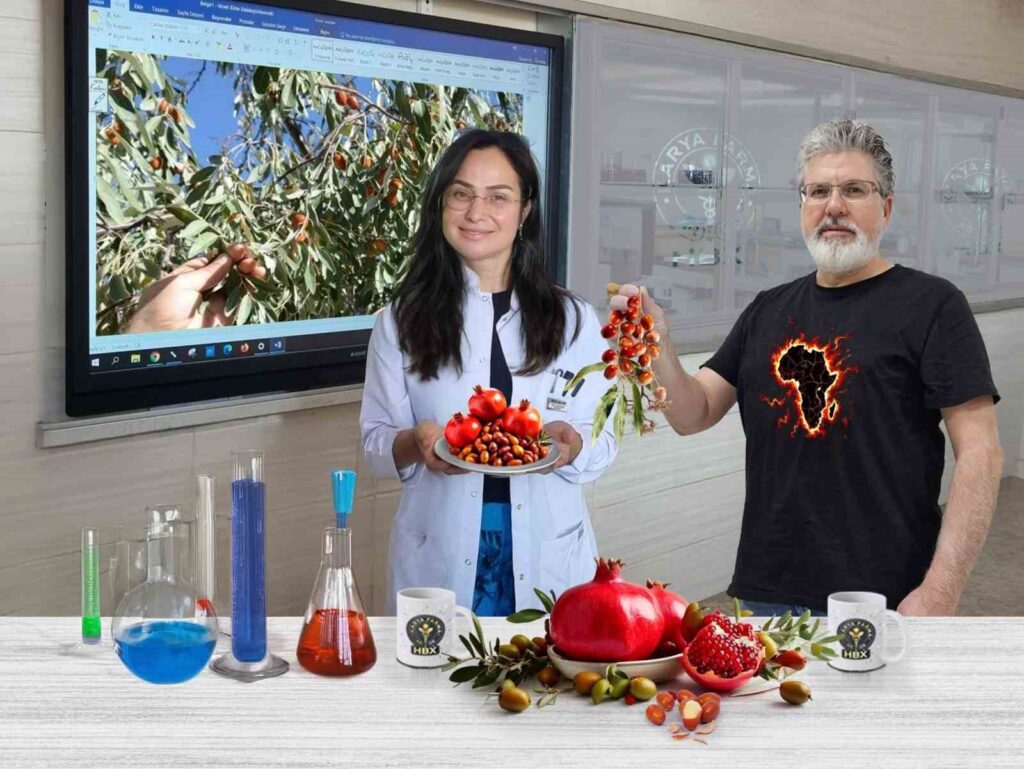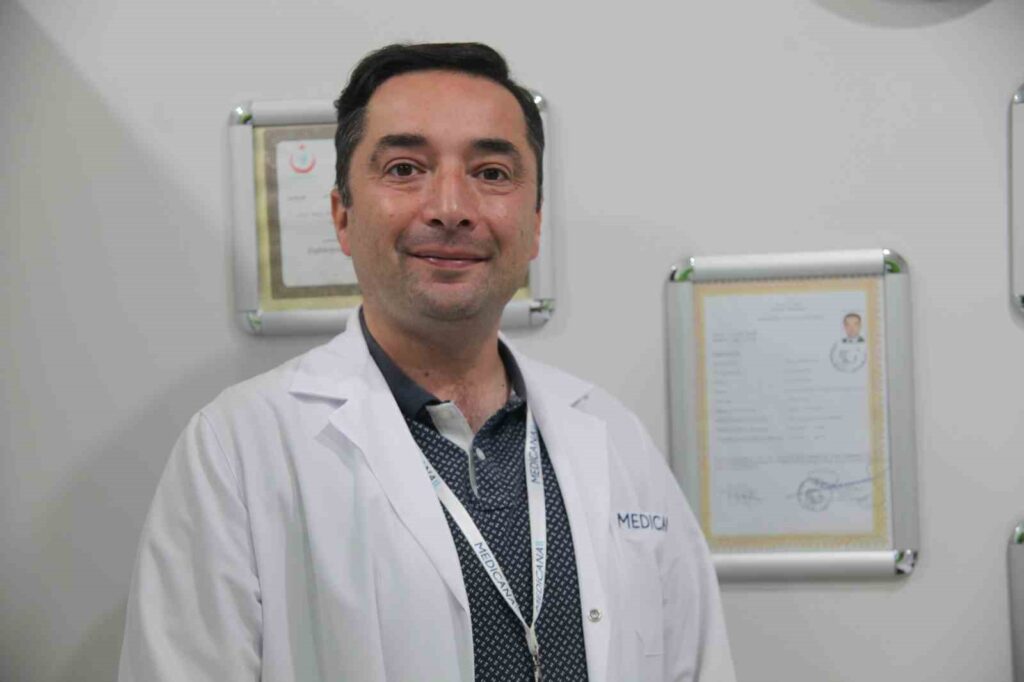Don’t wait to feel thirsty to drink water
The oppressive heat has affected all of Turkey. With the increase in temperature and humidity, the rise in body temperature has negatively impacted vital organs, especially the brain, according to Nutrition and Dietetics Specialist …

Scorching heat has taken hold of all of Turkey. Nutrition and Dietetics Specialist Merve Bayram stated that the increase in body temperature due to the rise in heat and humidity negatively affects vital organs, especially the brain. She emphasized the importance of drinking water and warned that one should not wait to feel thirsty to drink water.
The intense rise in air temperature brings certain changes in the body as well. Although metabolism tries to maintain the increased body temperature through sweating, it may not be sufficient in extremely hot weather. The increased body temperature adversely affects vital organs, especially the brain. Bayram pointed out that attention must be paid to the foods consumed, especially for those with chronic illnesses, urging them to be more careful about their diet in hot weather.
Recommendations for those struggling with water consumption
Fluid intake is essential for the body. Hydration becomes even more important during the summer months. Sweating leads to the loss of fluids, minerals, and electrolytes in the body. Bayram emphasized the importance of drinking at least 2-2.5 liters of water a day to prevent fluid and mineral loss, stating, “Do not wait to feel thirsty to drink water. Those who struggle with water consumption can make it easier by adding fresh fruit pieces, mint, lemon, ginger, or cucumber to their water. Cold herbal teas, homemade lemonade, ayran, and mineral water can also help increase fluid intake. It should be remembered that coffee, tea, and soft drinks decrease the tendency to drink water and will not replace fluid loss in the body. Whether sufficient fluid is being consumed can be understood from the color of urine. If the urine color is close to colorless, the fluid intake is sufficient, but if it is dark yellow, the fluid intake is insufficient, and care should be taken.”
“Mediterranean diet proven to positively affect both health and the environment”
The consumption of vegetables and fruits high in vitamins, minerals, and water content is very important in hot weather. Bayram noted that it should be remembered that fruits contain fructose and excessive consumption can have negative effects, stating, “In hot weather, one should definitely avoid excessively fatty, spicy, and sugary foods. Instead of fried, excessively fatty foods, and offal, lean meats prepared by grilling, boiling, or steaming should be preferred. Fish should also be consumed at least twice a week. Excessively spicy foods can increase bowel movements and lead to fluid loss in the body. Instead, fluid, vitamin, and mineral-rich vegetables, fruits, and whole-grain foods should be consumed. The Mediterranean diet, which is proven to positively affect both health and the environment, is a great example of this.”
Merve Bayram emphasized that dinner should not be too late and should ideally be consumed by 8 PM at the latest, stating, “You can end your day with a small snack 2-3 hours before sleeping.”
“Care should be taken not to leave food in the sun for long periods”
Bayram concluded her remarks by saying, “Food safety becomes even more important, especially on hot days. In hot weather, foods containing meat and meat products, chicken, fish, eggs, milk, and dairy products spoil more quickly and can lead to food poisoning. Care must be taken when consuming these foods. Vegetables and fruits should be washed thoroughly. Additionally, consuming unclean water and vegetables and fruits washed in such water can lead to diarrhea. Care should also be taken not to leave food in the sun for long periods.”







